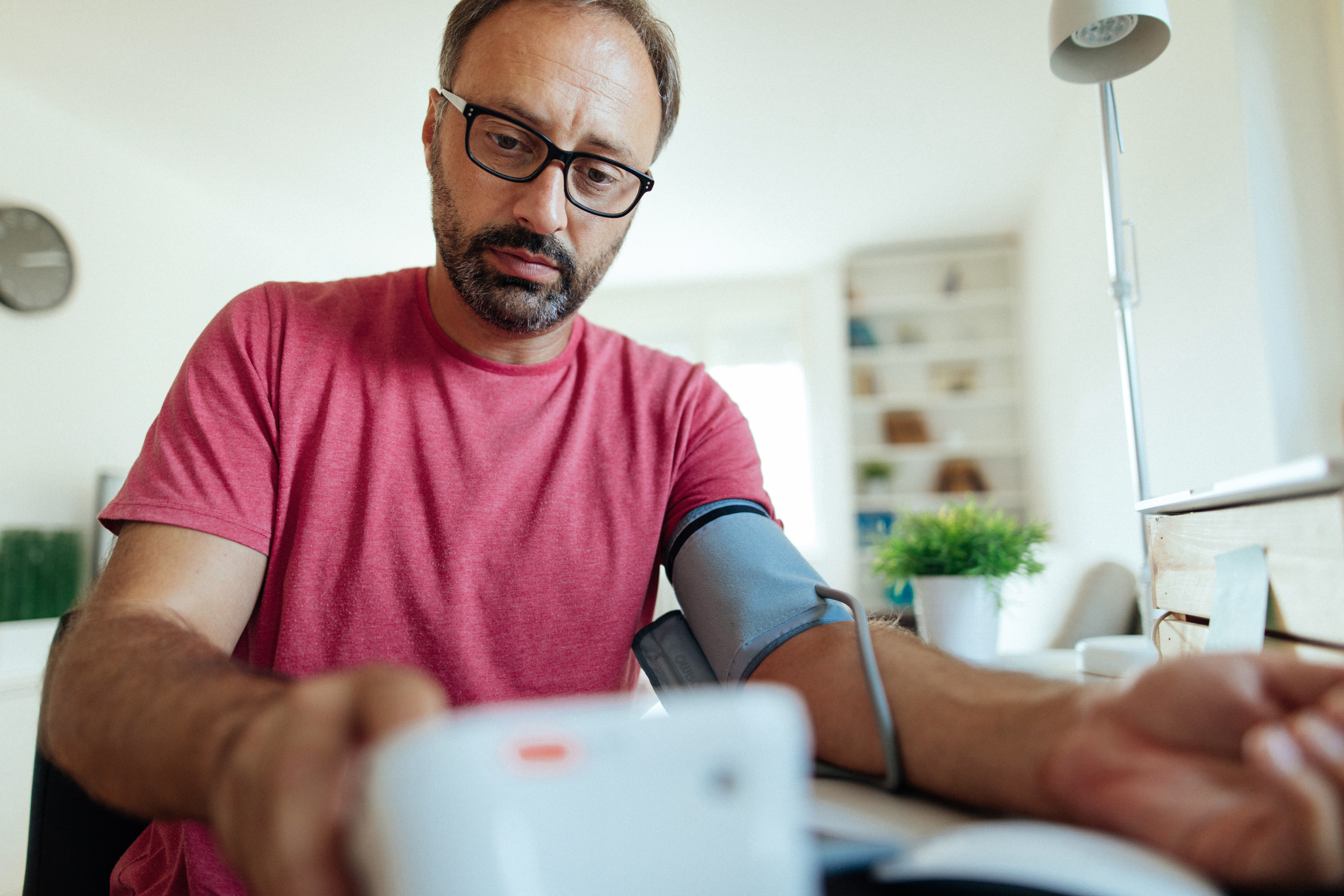Health Capsule
Is Your Blood Pressure Too High?

A new study found that awareness, control, and treatment of high blood pressure has dropped among U.S. adults.
Nearly half of adults live with high blood pressure, also called hypertension. It’s defined as a blood pressure reading of 130/80 mm Hg or higher, or by taking medication for the condition. High blood pressure increases your risk of having a heart attack or stroke.
Many people don’t know they have the condition. Symptoms usually appear only after damage to your heart and blood vessels. By identifying high blood pressure early, you can work with your doctor to control it.
Researchers examined how many people with high blood pressure knew they had it and how many were receiving treatment. They looked at data from a large national health survey on high blood pressure.
More than 50,000 adults were surveyed from 1999 to 2018. Researchers found that high blood pressure affected 30% of adults in 1999 and 32% in 2017.
Twenty years ago, about 70% of adults with high blood pressure were aware they had the condition. This increased to almost 85% in 2013. But by 2017, awareness dropped to 77%.
Treatment declined, too. Almost 54% of those with hypertension had their blood pressure under control in 2013. By 2017, that had dropped to 44%.
“The reversal in hypertension awareness is a real setback in the fight to reduce heart disease and stroke,” says study author Dr. Paul Muntner from the University of Alabama at Birmingham.
NIH Office of Communications and Public Liaison
Health and Science Publications Branch
Building 31, Room 5B52
Bethesda, MD 20892-2094
Contact Us:
nihnewsinhealth@od.nih.gov
Phone: 301-451-8224
Share Our Materials: Reprint our articles and illustrations in your own publication. Our material is not copyrighted. Please acknowledge NIH News in Health as the source and send us a copy.
For more consumer health news and information, visit health.nih.gov.
For wellness toolkits, visit www.nih.gov/wellnesstoolkits.




